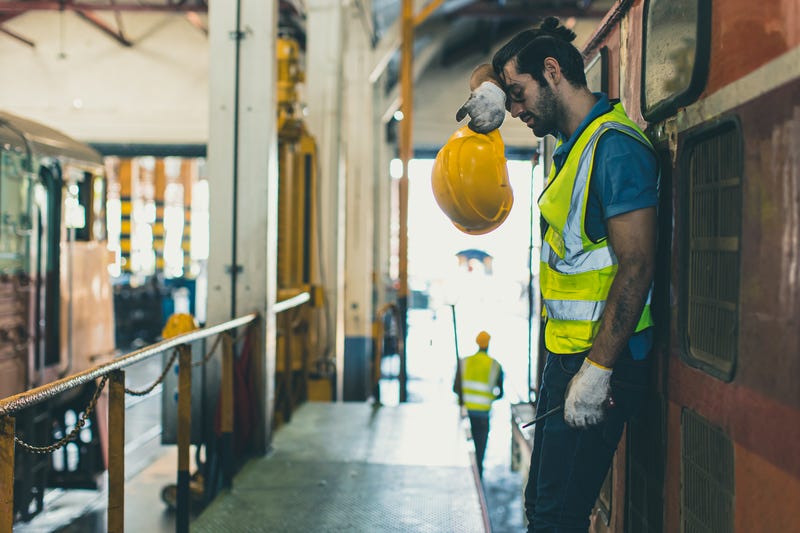
PHILADELPHIA (KYW Newsradio) — Summer is quickly approaching, and that means heat — and lots of it. Climate change has made summers hotter, and the Robert Wood Johnson Foundation, a nonprofit focused on health equity, wants to get the word out that extreme heat is not just a climate issue — it’s also a public health crisis.
Dr. Alonzo Plough, chief science officer at the Foundation, says extreme heat has a profound effect on the population.
"More people die of heat-related illnesses than any other disaster combined — tornadoes, hurricanes, floods," Pough said. “And heat is particularly hard on vulnerable populations: elders, children, pregnant women — who can have premature deliveries because of extreme heat.”
And he says the consequences of extreme heat are not experienced by everyone equally.
"Unfortunately, it is more impactful on people who are low-income and many people who live in communities of color, where their neighborhood conditions are such where their daily lives are hotter because of the lack of trees and parks and access to air conditioning."
That disparity can make these neighborhoods as much as 20 degrees hotter than neighborhoods that do have those things.
Plough says there are some ways to begin addressing these problems, starting with low-income energy support.
“The recognition that air conditioning is not an amenity, but something for survival, is something very important. Trees and open space over the long term. I think city planners and decision makers need to plant trees and have more equity in the access to parks and tree canopies. Those can make a really big difference."
He says the federal government will need to act on other extreme heat issues.
"One of the biggest public health problems nationwide is the impact of heat on our workforce — farm workers, construction workers. Many factories and production facilities have very inadequate cooling or not at all. The poultry processing industry,” Plough said. “So we need stronger occupational safety and health standards at the federal level, which don't exist right now, to see heat as a risk factor, particularly for workers.”
